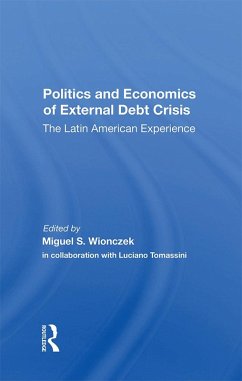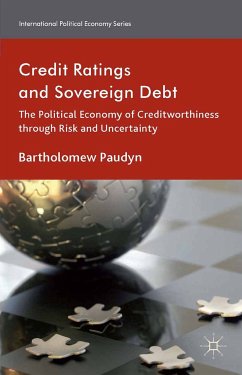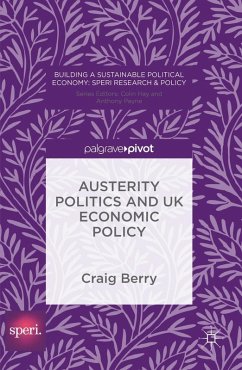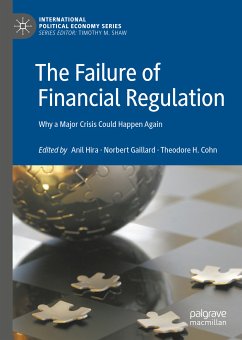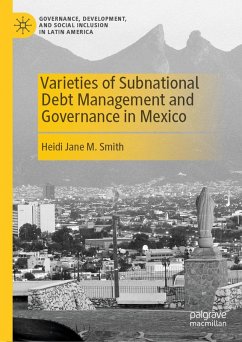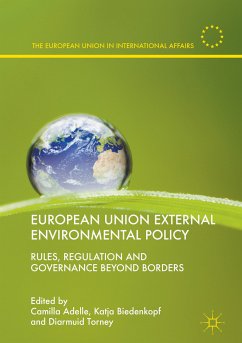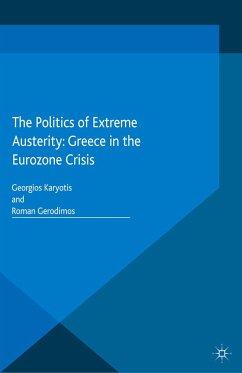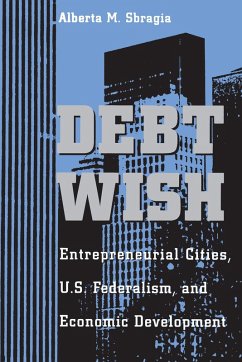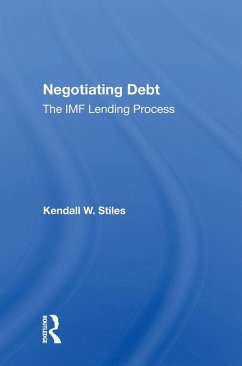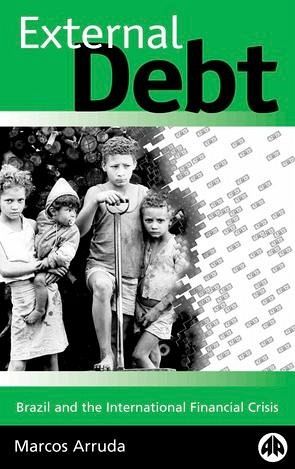
External Debt (eBook, PDF)
Brazil and the International Financial Crisis

PAYBACK Punkte
46 °P sammeln!
Brazil owes almost $250 billion to private banks, governments and multilateral agencies. External Debt provides a concise history of Brazil's financial crisis. Marcos Arruda focuses on the government of Fernando Henrique Cardoso and its agreement with the International Monetary Fund. He examines how Cardoso's economic policies have brought Brazil to financial ruin by submitting to the dictates of the IMF and the US government. Despite this, the author argues, Brazilians are neither passive nor resigned to Cardoso's policies. Arruda describes the viable alternatives which the government and opp...
Brazil owes almost $250 billion to private banks, governments and multilateral agencies. External Debt provides a concise history of Brazil's financial crisis. Marcos Arruda focuses on the government of Fernando Henrique Cardoso and its agreement with the International Monetary Fund. He examines how Cardoso's economic policies have brought Brazil to financial ruin by submitting to the dictates of the IMF and the US government. Despite this, the author argues, Brazilians are neither passive nor resigned to Cardoso's policies. Arruda describes the viable alternatives which the government and opposition parties have both failed to realise, and examines a range of related key issues, such as the Jubilee 2000 Debt Campaign and its Brazilian dimension. Arruda explores the ways in which social movements in both hemispheres have developed a global network around the issue of over-indebtedness, and the extent to which their pressure on authorities has led to important policy changes on the part of creditor governments and multilateral institutions. The study concludes with an assessment of a range of proposals submitted by national and international forums, demonstrating that civil society around the world is mobilised towards equitable relations between North and South.
Dieser Download kann aus rechtlichen Gründen nur mit Rechnungsadresse in A, D ausgeliefert werden.





